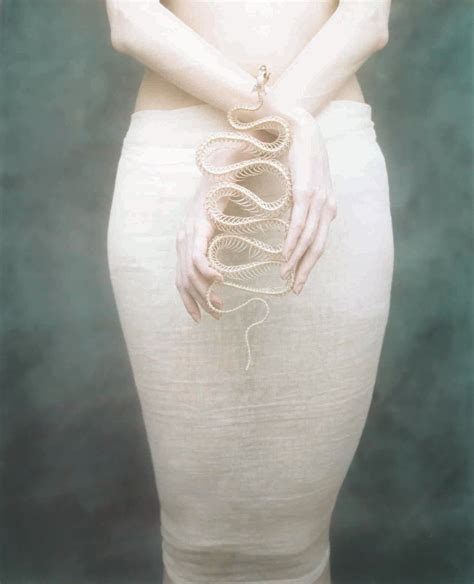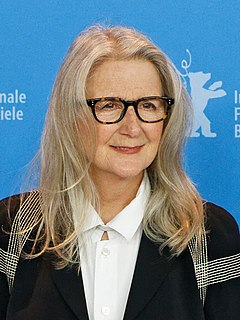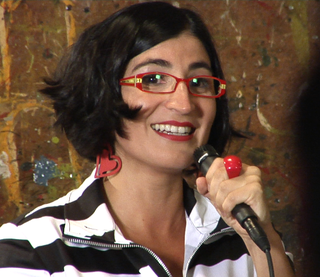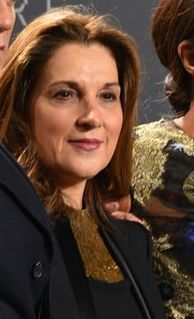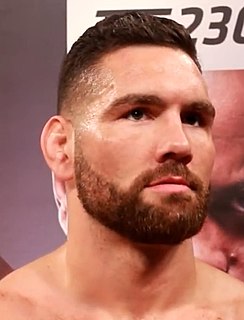A Quote by Robert S. Kaplan
To help people with the struggle, I have to reveal my own struggles.
Related Quotes
I struggle sometimes superficially with my management or with my own career about how much time I spend traveling or giving myself away to promote my music or myself when I'd rather be gardening or surfing or being at home with my loved ones. And everyone struggles with that; everyone struggles with having to go to work. And I struggle with how humankind ended up this way.
My early self-portraits appeared effortlessly and seemed like equivalents for my deeper emotions. Many critics remarked that the images had an almost other-worldly haunting presence. For me, they were simply my own reality at that point in my life. What I was trying to reveal was my inner soul in all its fragile complexity. Without knowing it, I was trying to peel back the layers that shroud and bind us all as we struggle to reveal our own authentic selves.
I knew that the black struggle wasn't my struggle. But I felt like it was my-struggle-adjacent, you know? I've always said that if you turn the dial in one direction, a Muslim is a Jew is an East Asian person is a Native American and so on. I feel very much that all of these struggles are kind of the same and - Hillary Clinton actually said this recently - when you get rid of one barrier, it opens up the gates for a whole bunch of people you didn't even know would benefit from it. So not fighting for the black struggle is like not fighting for the Muslim struggle.
What I want is to talk about how someone raised Muslim struggles with the same stuff that everyone else theoretically could. Obviously, the particulars are different, but everybody can sympathize with being forced to answer for their identity, the colour of their skin or their religion. A lot of people struggle with mental illness or romance or failed marriages - these are all parts of my own struggle. I read them through the lens of Islam because that's the particular language I grew up in, but the grammar is universal.






